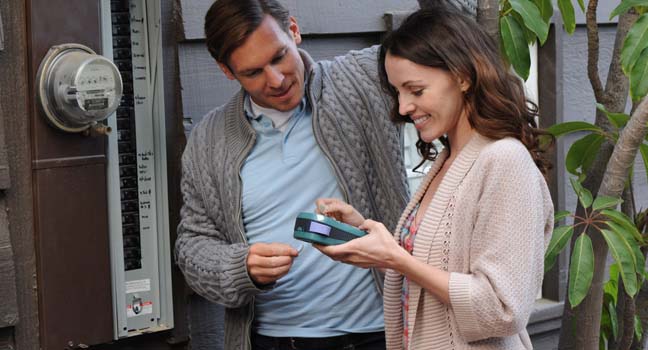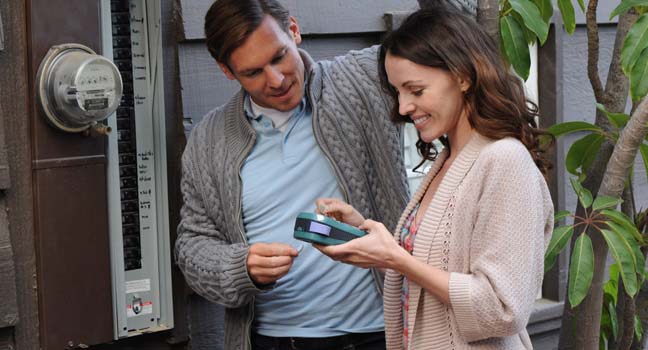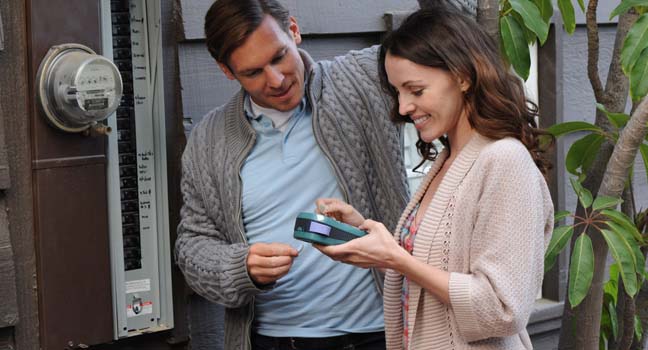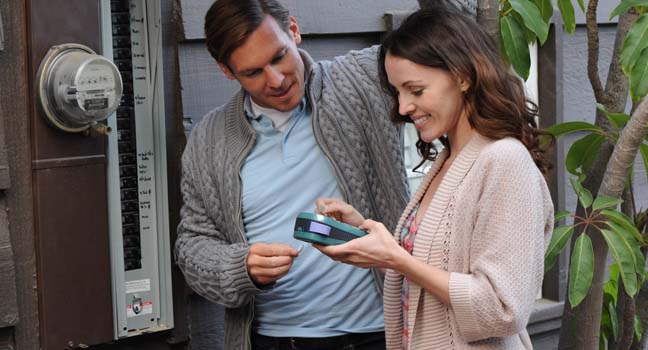If you live in an apartment building or a multi-family house with a master meter and sub-meters, your electricity charges are billed on the DMS-1 rate schedule. If the building was constructed or converted for multi-family use after July 1, 1982, each unit is metered separately and is not eligible for DMS-1 rates.
Rates & Reading Your Meter
If you live in an apartment building, a mobile home, an RV park, or any other multi-family dwelling, your electric bill is probably set up on your landlord's “master meter/sub-meter” billing plan.
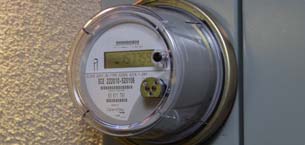
What Is a Master Meter?
In a multi-family dwelling like an apartment building or a mobile home park, the landlord will receive a “master meter” electric bill. The landlord uses this master bill to charge tenants for each unit’s electricity use. Rates billed to tenants by the landlord must be the same as the rates billed to the landlord. These rates must be posted in a place where tenants can read them.
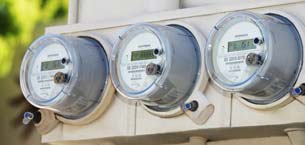
What Is a Sub-Meter?
A “sub-meter” measures the electricity use of a single unit in a multi-family dwelling. These meter readings are added together to make one main “master meter” reading. Your landlord can use the sub-meter readings to bill you for your unit’s electricity use, but must use the rates you would receive if you were billed separately.
If you live in a mobile home or manufactured housing community that has a master meter and sub-meters, your billing rates are determined by the DMS-2 rate schedule. Any construction started after January 1, 1997 is not eligible for this rate unless the housing community qualified for the rate before January 1, 1997.
If you live in a residential RV park, your electricity is billed using the DMS-3 rate schedule. Your RV park qualifies for this rate only if it is sub-metered. RV units must be used as residences and be reserved for pre-paid month-to-month tenants.
As a California sub-metered resident, you have special utility rights:
- You should receive an itemized bill of electricity charges at the same time your landlord receives the bill.
- You should be provided a percentage, based on your electricity use, of any rebates applied to the owner’s account during the billing period.
- Your rate schedule should be posted by the landlord where everyone can review it, and the schedule should be made available for copying.
- Your sub-meter should be maintained by your landlord.
Landlords or tenants with questions about multi-unit rates, billing, or tenants’ right should contact SCE Customer Service.
Getting Help with Your Electric Bill

CARE/FERA
You may be eligible for the California Alternate Rates for Energy (CARE) program. CARE offers income-qualified customers discounted rates on their monthly electric bills.

Medical Baseline
If you or someone who lives with you full-time has a medical condition that requires electricity-powered life support equipment, you may be eligible to receive additional baseline allocation. Certification by a doctor is required.

Home Energy Assistance Program
HEAP provides energy-saving products, services, and bill assistance to households who are eligible based on monthly income. HEAP is administered through community service organizations.
For more information about HEAP, call 1-866-675-6623.

